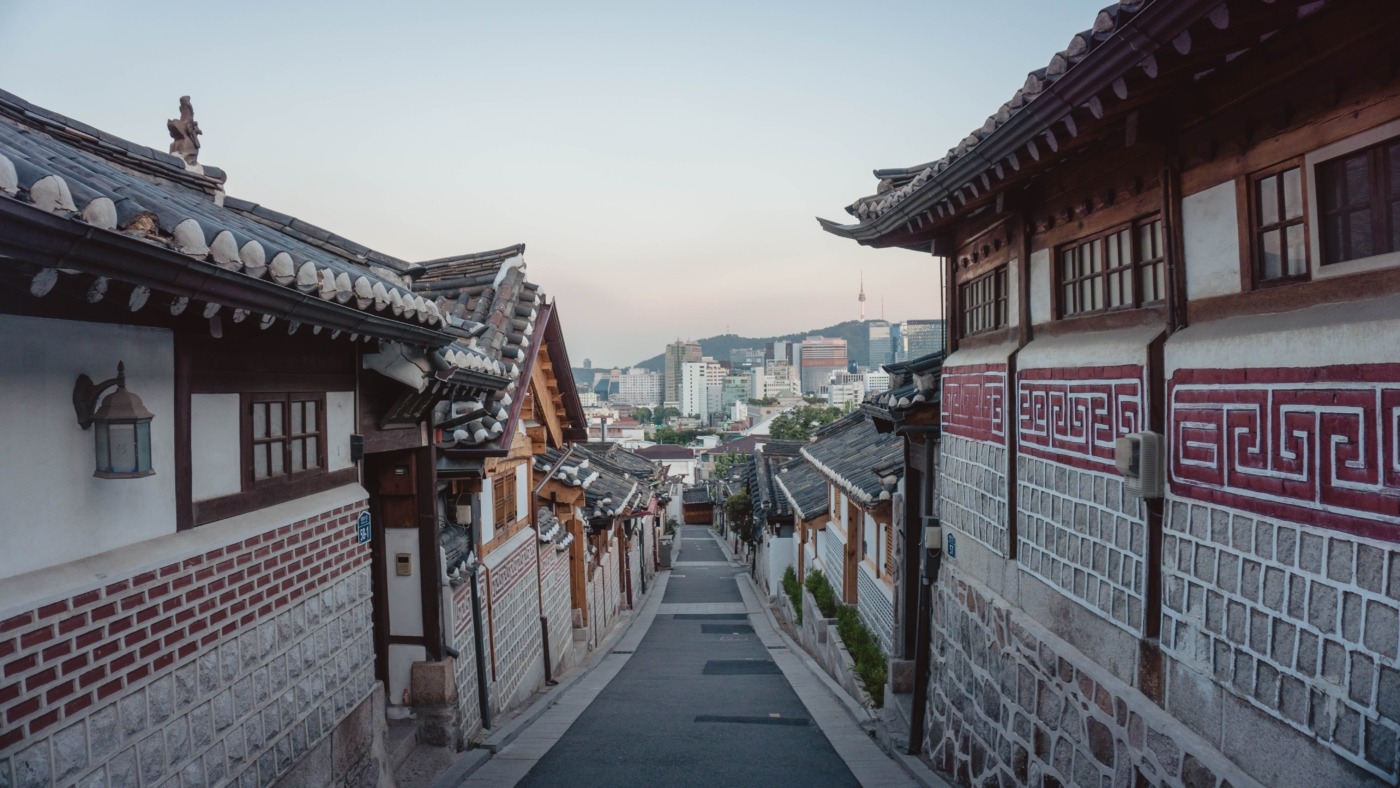Between two worlds: visiting Korea
When you think of the Far East, what comes to mind? Is it sweeping pagoda temples set against lakes strewn with water lilies? Or perhaps you think of garish skyscrapers housing robots of the future? Do you imagine tables full of sushi and Pekin duck, or ancient Japanese teas and Korean BBQ? While all of these things do exist, it may come as a shock, to those who have never ventured into eastern Asia, that they are a very small part of a world that is somehow both different and similar to our own in the West. This realisation came to me only recently during a holiday to see my family in South Korea. Though I’m half Korean, I’ve only ever lived and grown up in the UK. Yet, having this unique opportunity to experience the other side of my heritage opened my eyes to a lot of the common misconceptions we have in the West.
Despite the glitzy, modern exterior, South Korean culture (and indeed, many others in East Asia) at its core, is rooted in a deep and ancient series of traditions
South Korea is regarded as one of the world’s most advanced and successful countries, with giants such as Samsung, LG and Hyundai all calling this small peninsula their home. We often see its natives living lives similar to our own online – from selfies, fast food, hashtags and all the rest. However, it’s very important to remember that despite the glitzy, modern exterior, South Korean culture (and indeed, many others in East Asia) at its core, is rooted in a deep and ancient series of traditions that date back to Confucianism. This includes customs that you may already be aware of (like social hierarchy and respect based on age), but also aspects like discrimination based on level of education and even outright racism.
Like all places, there is an ugly side to Korea, and I take no pleasure in writing about it. But to ignore it would be a disservice to those who wish to go there. As a traveller, these things are very unlikely to happen to you, of course, but learning of and understanding them is the first step to truly experiencing. This can apply to the small things too. For example, if you ever try Soju (Korea’s national white spirit drink), it’s often considered polite to pour for your elders, even your older friends, with both hands rather than one. It is also favourable to bow slightly when saying please and thank you. Little traditions like these go a long way to truly experiencing what life in Korea is like, and you’ll see others react positively when you make this effort. You’d be a partaker, not just a tourist.
Korea is a land caught between two worlds, with one foot heading for the future, and the other planted firmly in the past
If you do go to South Korea, chances are you’ll end up spending most of your time in Seoul or Busan, the two largest cities. Whether it’s shopping malls, Noraebang (Korean karaoke bars) or massive nightclubs that take your fancy, all will be found in these glittering cities. However, if you journey outwards towards central Korea, you’ll begin to see the big town features like unlimited Wifi hotspots and towering skyscrapers begin to disappear. Rural Korea cannot be more different if it tried, but it is the place to go to see the stunning landscapes. Over 70% of Korea is mountain – this offers its own tourism appeal and opportunities. You can hike the slopes of the Suraksan National Park, or walk through the streets of beautifully preserved traditional villages at Suwon to see what rural life was like 300 years ago.
Ultimately, Korea is a land caught between two worlds, with one foot heading for the future, and the other planted firmly in the past, not willing to let go just yet. It is a country of contrast and contradiction, radiating its culture out to the world yet hesitant to share it entirely with visitors who come to see for themselves. Remove the romantic images from your mind, and replace them instead with images of realism. This will help to have a better idea of where to go and what to do, making the mysterious East not so mysterious after all.

Comments
Comments are closed here.